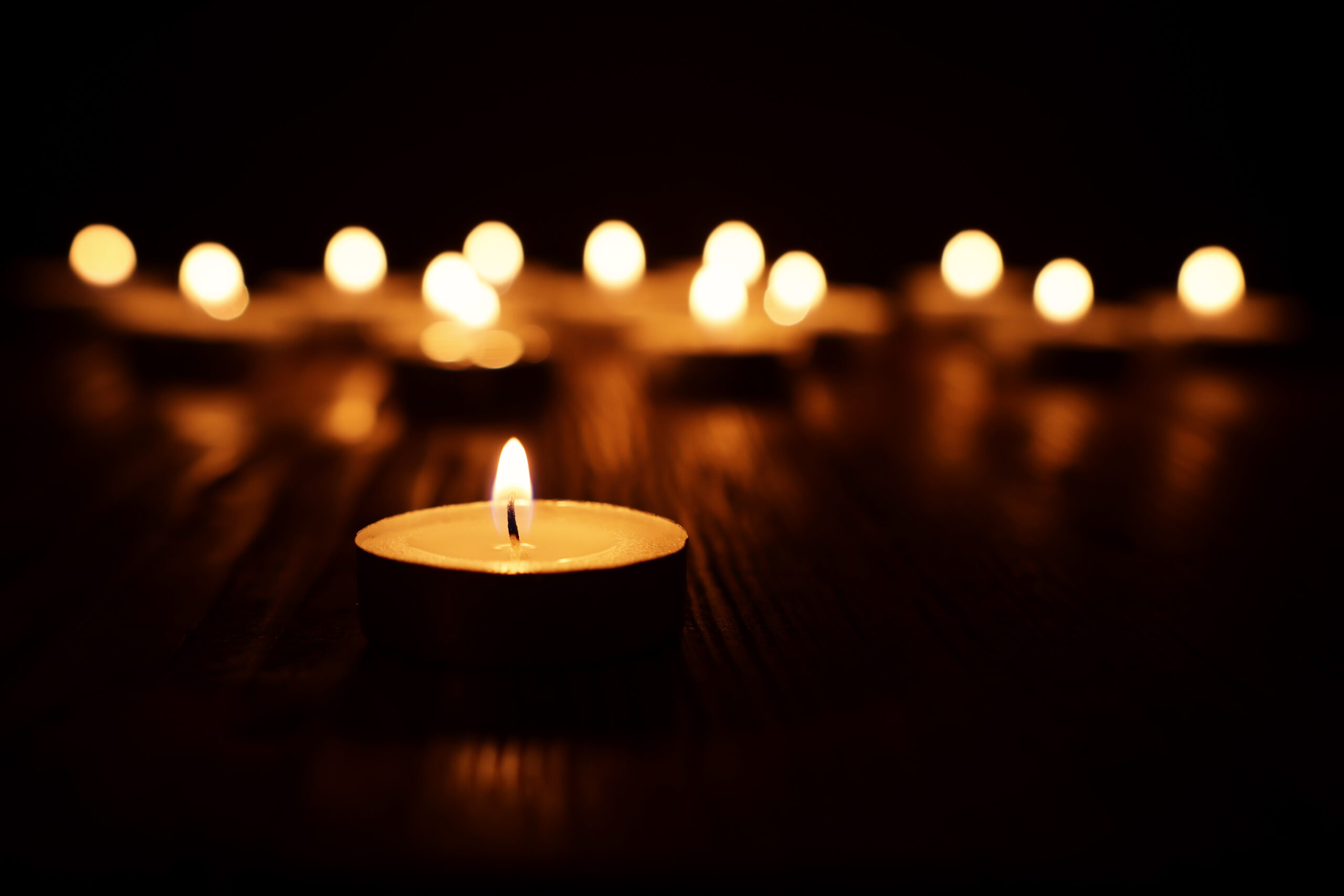
On January 25, people from across McGill and from the wider community gathered virtually to commemorate the six million Jewish victims of the Holocaust and millions of other victims of Nazism. The livestreamed event was emceed by Angela Campbell, Associate Provost (Equity and Academic Policies).
The event brought together speakers that included rabbis, a community advocate, a Holocaust survivor, and McGill students, faculty, and administrators. While the list of speakers was diverse, there was a common thread woven through the memorial – responsibility, both individual and collective.
“The Holocaust is a tragedy beyond imagination. Its magnitude and cruelty has led us to rightly call it a crime against humanity and it is our responsibility to ensure that the memory of the victims is never forgotten and forever honored. And while the Holocaust ended nearly eight decades ago … the importance of remembrance at this time cannot be overstated,” said Campbell in her opening remarks.
“Hamas’ attack of October 7, 2023, was the deadliest day that Jews have experienced since 1945,” continued Campbell. “In the wake of this massacre and the ensuing, devastating war in the Middle East, we have seen a rise in hate-motivated crimes, both worldwide and here in Montreal where particularly visible and striking events have targeted the Jewish community. In this context, we must be consistent, firm, and unequivocal in denouncing, resisting, and addressing any and all acts of intolerance, intimidation, and oppression.”
Standing at the crossroads
Speaking about the Shoah, a Hebrew term that means ‘catastrophe’ but in this context refers to the Holocaust, Rabbi Sherril Gilbert said that humanity is “standing at the crossroads of remembrance and responsibility.
“The Shoah remains an indelible scar on human history, a stark reminder of what unfolds when the threads of compassion and understanding unravel. I feel that now, at this moment in time, we are being called to respond to uphold what is needed to weave these threads back together.”
Rabbi Gilbert spoke about the teachings of Jewish theologian Abraham Joshua Heschel, who maintained in a free society, everyone is responsible for others’ actions.
“From Heschel we understand that while some are guilty, all are responsible,” she said. “The lessons of the Shoah teach us the consequences of silence, indifference, and the dangers of letting prejudices go unchecked. The lessons of the Shoah remind us to be vigilant guardians of human dignity and to speak out against injustice in all its forms.
“Some of us hope that someone else will intercede so as to absolve us of responsibility. But our shared traditions teach us that we cannot – we must not – look the other way. Some are guilty. All are responsible,” said Rabbi Gilbert. “This moment requires everyone of us to stand up for what is right and to act with moral courage in a world that desperately needs it. In the presence of hatred let our response be love. In the presence of ignorance, let our answer be education. In the presence of injustice let our resolve be unwavering. Let us be strong, strong, and strengthen each other.”
Standing firm against anti-Semitism
Provost Christopher Manfredi reiterated McGill’s commitment to combatting prejudice in any form and to providing a safe and supportive environment for all people.
“In fulfilling its mission of advancing learning, creating, and disseminating knowledge, and offering the best possible education, McGill University embraces the principles of academic freedom, integrity, responsibility, equity, and inclusiveness,” he said. “As we remember the atrocities of the past, and reflect on those of the present, it is essential that we hold steadfast to this mission and to these principles… we must continue to strive to be a place where diverse people, cultures, and faiths are welcome and can share in our collective mission.”
The Provost pointed to McGill’s Initiative against Islamophobia and Antisemitism as “a roadmap… that calls for fostering dialogue, promoting academic freedom, and cultivating an environment of respect and compassion.
“It is our responsibility to approach these discussions with empathy and understanding, and I want to remind us of the importance of remaining united as a university community, standing firm against anti-Semitism, and all forms of discrimination, oppression, and racism,” he said. “In the spirit of the Holocaust survivors, let us remember the power of resilience, compassion, and unity in the face of adversity.”
Defying all odds
One of the most moving moments of the event came when Rae Gropper spoke.
Gropper, a McGill aluma, told her family’s incredible story of survival. Her parents, Polish Jews, were living in Warsaw at the outbreak of World War II. Following the devastating bombing of Warsaw in 1939 and the subsequent invasion of Poland by German forces, they fled westward.
Unfortunately, they were detained by troops from the then-USSR and banished to work the coal mines in a Siberian labour camp. That is where Rae was born. Overcoming horrific conditions, she defied the odds, survived and, along with her mother, father, and baby brother, emigrated to Canada after the war.
“My every hope and prayer is that my words will reach people to diminish hate,” said Gropper. “I am proof that even incomprehensible evil can be overcome… Please, please, let us all work together to try and make this community a better place.”
Read Rae Gropper’s profile here
Watch the video of McGill’s Holocaust memorial event
